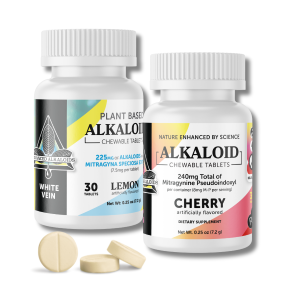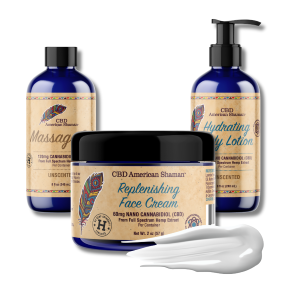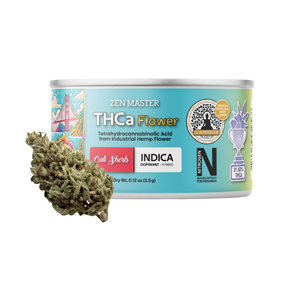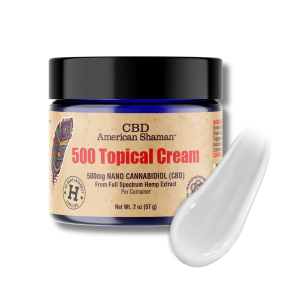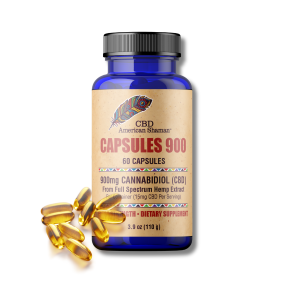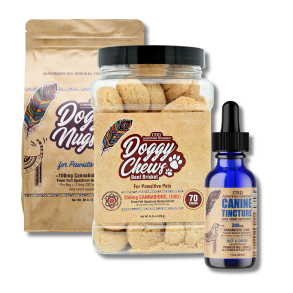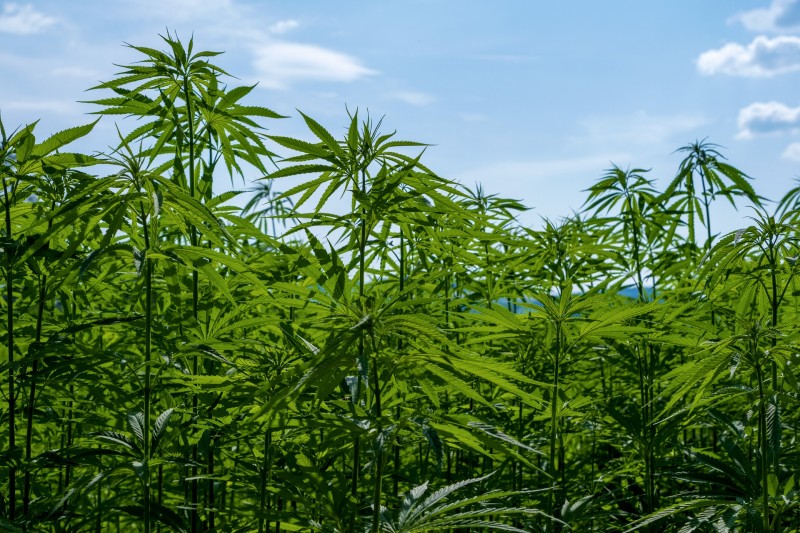Although hemp has been around forever, as it is one of the oldest domesticated crops, you may be surprised by all the things it can be used for. Hemp is commonly known to be used to make CBD oil, but that’s not all it’s good for. In this article, you will learn about the various uses for hemp, and how hemp is a sustainable alternative for various other materials.
What is Hemp?
Hemp is a stalky plant from the cannabis sativa plant species. Hemp is related to marijuana, but the amount of THC (tetrahydrocannabinol) is what sets hemp and marijuana apart from one another. THC is the chemical that creates a high or intoxicating effect in users. Hemp contains less than 0.3 percent THC while marijuana contains more than 0.3 percent THC by volume. Hemp has been used for thousands of years for its fibers to create cloth and other materials as well as for the health benefits of its extracts.
In the 2018 Farm Bill, hemp and hemp products were legalized in the United States on a federal level. The bill decriminalized hemp and deemed it a crop in order to benefit the economy, farmers, and the U.S. Hemp plants are now bred in specific ways to create fibrous plants for materials or with higher natural nutrients to create foods and supplements.
Hemp CBD Oil
A commonly known hemp use is to create CBD oil. CBD is an active ingredient naturally produced in cannabis plants. After CBD is extracted from the plant, it’s added to other carrier oils and ingredients to create CBD oil. CBD can even be combined with hemp oil, which is the oil extracted from the plant’s leaves, stocks, and flowers. Hemp oil re-incorporates some of the plant’s natural nutrients back into the CBD product. CBD oil can provide a range of wellness benefits, including relief from everyday discomfort, promoting a positive mental state, and improving health overall.
Food Products
The hemp plant is also commonly processed into various healthy and nutritionally abundant food products.
Seeds
Hemp seeds, or hemp hearts, are highly nutritious because they contain healthy fats, minerals, vitamins, and large amounts of protein. Hemp seeds can be consumed on their own or can be used in any dish. The oils can also be extracted from hemp seeds, which is called hemp seed oil. Hemp seed oil can be used for cooking, baking, or preparing other foods in the same way you would use other cooking oils.
Flour
Hemp seed flour is similar to other gluten-free flours but with higher protein content. The protein in hemp flour is easily digestible and gluten, dairy, and nut free. Hemp flour can be used in baking as an alternative to flour or even used in smoothies.
Protein Powder
Hemp protein powder is made from the defatted hemp seed cake, which is the bi-product of hemp seed oil cold press. Hemp protein is similar to other protein powders, but it tends to have lower protein content. Hemp protein can be mixed into a drink and can be used as a meal substitute or in addition to your regular diet, depending on your health goals.
Milk
Hemp is even used to produce plant-based milk. The process of making hemp milk is similar to nut milk, where the seeds are blended in water and strained to leave the seed milk. Hemp milk contains more protein and healthy fats than almond milk but fewer calories than cow’s milk. Hemp milk is creamy with an earthy, nutty flavor. The nutrients hemp milk has to offer makes it a great plant-based milk and an alternative to dairy.
Construction Materials
A large part of the hemp plant is made up of hurd, which is the woody inner core. This part of the plant is used to create construction materials such as wall insulation and thermal insulation. Hemp makes sturdy building materials that are fire-resistant and waterproof. These traits come from the silica chemical absorbed from the soil when the plant is growing. Hemp building materials are a safe and durable alternative to traditional materials.
Fibers
Before cotton became the main source of fiber for cloth, textiles, and thread, hemp was the main source of fibers to create clothing materials. When the ban on hemp was put into place in 1937 in the U.S., the cotton industry took over as the main material to create cloth and thread. Now that industrial hemp is legal, hemp cultivation to create cloth materials is becoming widespread again. The fibrous stocks from hemp make it a great material to use to weave cloth, twine, textiles, and other materials.
Fuel
As fossil fuels become increasingly dangerous to the environment and a harmful contributor to climate change, scientists are turning to hemp as a possible alternative biofuel. Hemp is created into cellulosic ethanol fuel, meaning the fuel is created from the stalky fibers of the plant and not the plant’s seeds. Hemp can also be used to make alcohol fuel when the plant is fermented before processing the fuel. Hemp fuels are less harmful to the environment and may become the next alternative to fossil fuels.
Plastics
In addition to being an alternative to fuel, hemp may also become an alternative to plastics. Hemp is used to make bioplastic, which is biodegradable and environmentally friendly. However, hemp-plastics are not yet widespread and experts aren’t sure if it would be a viable alternative on a large scale.
Paper
Hemp has been used to make paper for thousands of years; hemp paper dates back to 200 BCE in China. Hemp paper is made from the long core fibers and the short bast fibers. Since hemp grows faster than trees, hemp paper is a more sustainable alternative to paper made from trees. One acre of hemp grown in as little as 60 days is able to produce the same amount of paper as a forested area of 4 to 20 acres of trees grown over 20 years. Hemp paper is also more durable than regular paper and doesn’t turn yellow over time. Paper made from hemp has yet to replace regular paper, even though hemp paper is more sustainable, durable, and environmentally friendly.
Pet Products
Hemp isn’t only used to make products meant for humans, but it’s also used for pet products like dog treats, pet food, bedding, and toys.
Hemp Treats
Hemp-based treats and CBD pet products are becoming increasingly popular as pet owners seek alternative ways to keep their furry friends calm, happy, and healthy, in a natural way. There are also hemp treats that don’t contain CBD, but simply contain the nutrients found in hemp seeds.
Pet Food
Hemp pet food is also becoming increasingly popular, but cats and dogs cannot survive on solely a vegetable or plant-based diet due to the lack of protein, so it’s important to make sure your pet food has a balance of meat and plants. Pets that are accustomed to plant-based diets are safe to have vegetarian hemp pet foods.
Bedding & Toys
Since hemp produces sturdy textiles, hemp is also used to create pet bedding and toys. The strong hemp fibers make for a long-lasting material perfect for soft dog bedding and tough-to-tear-apart toys for your pets.
Cleans Soil
Hemp plants are used to clean and detoxify soil because of their bio-accumulator traits, meaning it absorbs chemicals from the soil. Hemp plants have been known to extract lead, nickel, cadmium, and other harmful toxins from the soil they grow in. This trait in hemp means it could be used in place of harmful practices, like deforestation. Since hemp absorbs toxins, it’s important for those who are consuming hemp products to only use products from reliable brands. Purchasing organic hemp or locally grown hemp products for consumption can help you avoid ingesting hemp containing harmful chemicals.
Hemp Uses Takeaways
Hemp is used for a wide range of products, from food items, to construction materials, to pet products. Now that you are aware of the versatility of hemp, you can look for hemp products when purchasing your next plant-based milk, dog toy, or clothing item. Hemp is known to produce sturdy and nutritional products that are environmentally friendly and sustainable.
The content on this site is not intended to be a substitute for professional medical advice, diagnosis or treatment. While research has shown that CBD has the potential to help provide beneficial outcomes for several complaints, it is advisable to seek the advice of a physician or other qualified healthcare provider when you have questions regarding any medical condition and when starting, augmenting or discontinuing any existing health routine.







